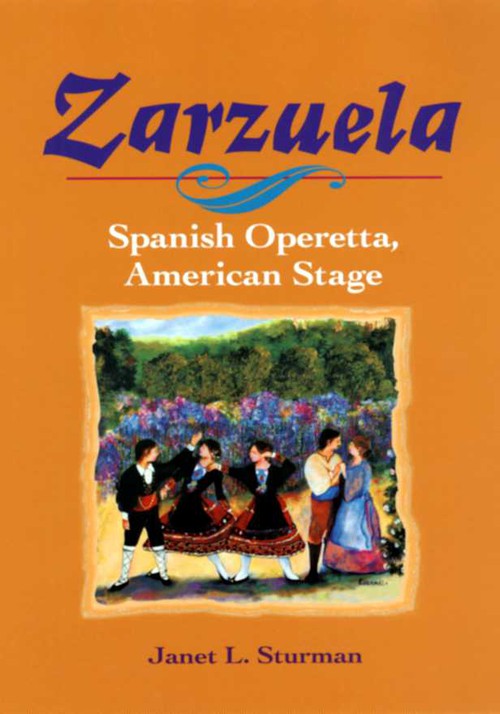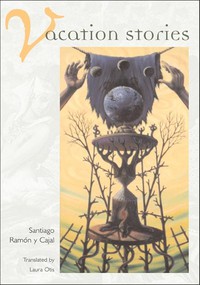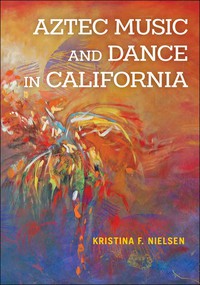
Zarzuela
About the Book
Once a wildly popular form of Spanish entertainment, the zarzuela boasts a long history of bridging classical and popular art. Yet its contradictions make it a theatrical chameleon. Neither opera nor serious drama, the staging still requires trained singers and good actors. Neither purely folkloric nor high art, the music is too popular for some and too classical for others.Janet L. Sturman traces the zarzuela's colorful history from its origins as a Spanish court entertainment to Cuba's pivotal role in transmitting it to Latin America and the Caribbean. Ranging from Argentina, Mexico, and Puerto Rico to El Paso, Miami, and New York, Sturman draws distinctions among the ways various Spanish-speaking communities have reformulated zarzuela by combining the traditional model with local characters, music, dances, and politics. She also explores two theaters in New York, Repertorio Español and the Thalia Spanish Theatre, that have fostered the zarzuela by mounting innovative productions that cultivate both audiences and a network of donors.
Vivid and revealing, Zarzuela recognizes the enduring cultural and social relevance of a genre at once resilient, adaptable, and temptingly elusive.



















